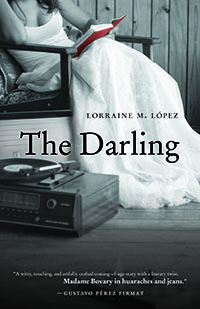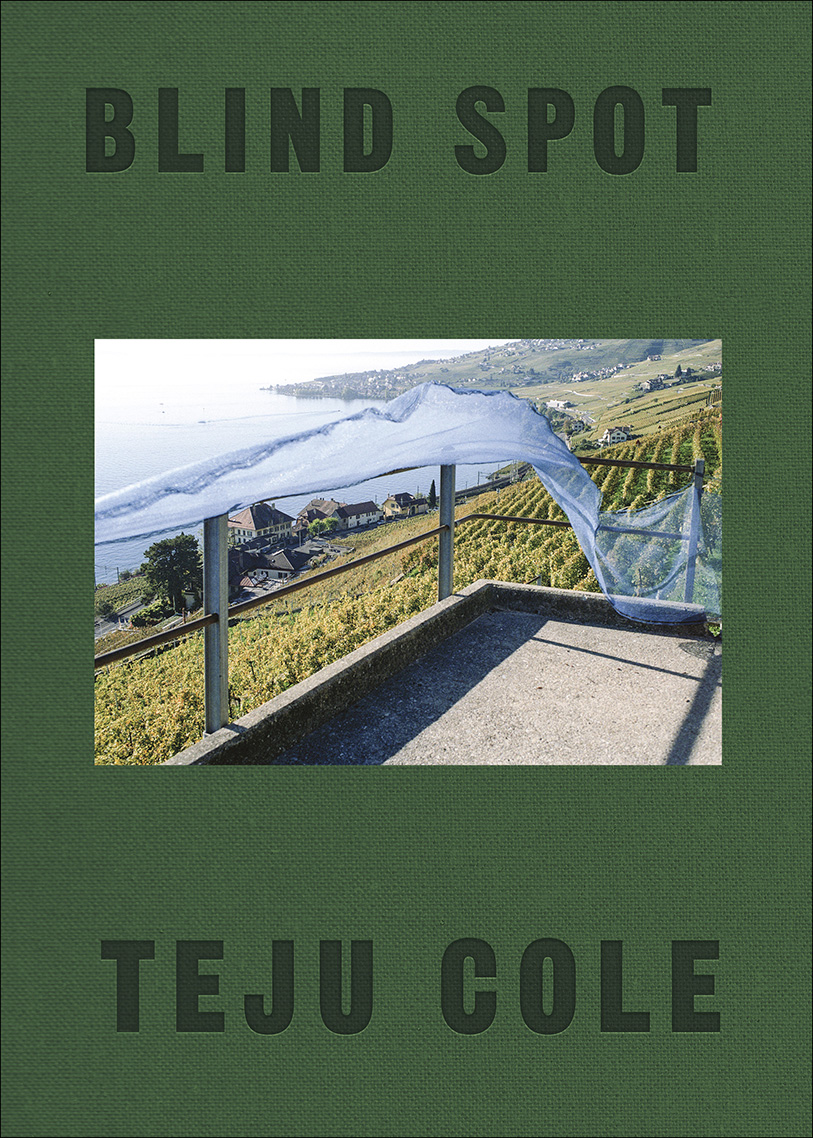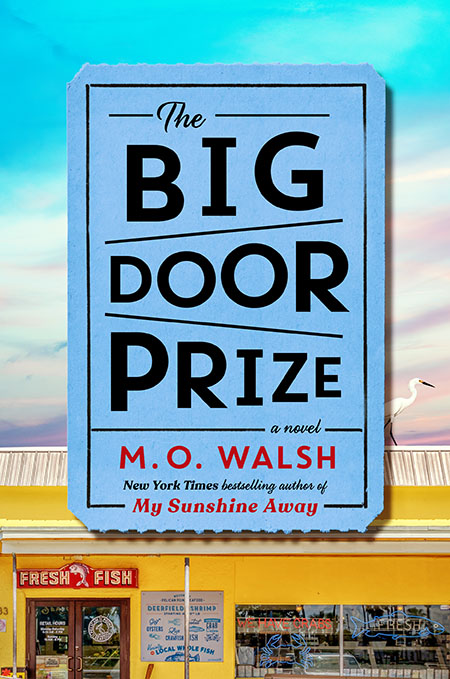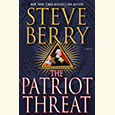Pining for Dead Men
Lorraine Lopez’s novel The Darling follows the misadventures of a book-obsessed heroine
At any given moment, the fate of the feisty young heroine of Lorraine Lopez’s new novel, The Darling, would seem to rise and fall at the mercy of whatever book she’s reading. Whether Caridad’s assessing a potential lover, staging her exit from a romance gone stale, or reevaluating a man who has betrayed her trust, an entire library of famous authors seems to perch on her shoulders. Written in a tone that’s flexible enough to accommodate both seriousness and high comedy, The Darling provides a delightful glimpse into the ways a woman’s reading life can become inextricable from her desires and her choices.
 Lopez finds the perfect opening line to evoke the mindset of a book-obsessed young woman: “On her wedding day, Caridad Delgado pined for a dead man.” Even at eighteen, in her wedding gown, Caridad has a mind that spins a powerful inner world made up of the authors and characters she holds dear. Often enough, that literary world seems to offer her better options than the disappointing exterior life she’s leading. Her sisters, Esperanza and Felicia, routinely act in ways that feel embarrassing or stifling to her. Caridad’s work-study job in the library may put her in the way of countless books, but it doesn’t make her rich, or even solvent. Then there’s Jorge, her art-student husband, who sets the tone for their marriage by inviting his best friend to tag along on their honeymoon.
Lopez finds the perfect opening line to evoke the mindset of a book-obsessed young woman: “On her wedding day, Caridad Delgado pined for a dead man.” Even at eighteen, in her wedding gown, Caridad has a mind that spins a powerful inner world made up of the authors and characters she holds dear. Often enough, that literary world seems to offer her better options than the disappointing exterior life she’s leading. Her sisters, Esperanza and Felicia, routinely act in ways that feel embarrassing or stifling to her. Caridad’s work-study job in the library may put her in the way of countless books, but it doesn’t make her rich, or even solvent. Then there’s Jorge, her art-student husband, who sets the tone for their marriage by inviting his best friend to tag along on their honeymoon.
On the other hand, she has her writers: sensitive Chekhov, exquisite sonneteer Shakespeare, master craftsman Flaubert. Intrigued by her desire for new lovers, she looks to renowned authors, and to their heroines, for clues to her next steps. Oftentimes the books she’s reading dictate her perception of events—and, by extension, our perception of events. When an eccentric, clever lover arrives bearing a well-thumbed copy of William S. Burroughs’s Naked Lunch, we can infer what kind of intensity may be heading into Caridad’s life. When she’s assigned Bullfinch’s Mythology, mercurial, semi-disguised male strangers suddenly show up in threatening hordes.
 Like her namesake from Chekhov’s story, “The Darling,” whose existence relies solely on the object of her love, Caridad’s life prompts an important question: apart from these books she loves, who is she, exactly? In a moment of rage, a lover she has betrayed confronts her—in the presence of his replacement—with an alarming charge: “You have no idea who you are. You read all these books like they’re written for you, like those authors are sending special messages to you. The books you love—they’re not for you.” She shouts him down after a spiteful exchange, but his words have touched a nerve. Caridad’s life will soon pivot toward new challenges and new roles, calling the old heroines into question.
Like her namesake from Chekhov’s story, “The Darling,” whose existence relies solely on the object of her love, Caridad’s life prompts an important question: apart from these books she loves, who is she, exactly? In a moment of rage, a lover she has betrayed confronts her—in the presence of his replacement—with an alarming charge: “You have no idea who you are. You read all these books like they’re written for you, like those authors are sending special messages to you. The books you love—they’re not for you.” She shouts him down after a spiteful exchange, but his words have touched a nerve. Caridad’s life will soon pivot toward new challenges and new roles, calling the old heroines into question.
When Caridad matures, so does her response to the novels she reads. Rather than seeking to embody the novel’s heroines or daydreaming about the approval of the authors themselves, she begins to tussle with them in her mind. Faced with a big decision about the direction of her own life, Caridad considers the “infuriating heroine” of The Portrait of a Lady, Isabel, whose choices Caridad cannot bear to accept: “For Caridad, the novel argued against providing bold and bright women the resources to live life on their own terms, suggesting they would, like Isabel, squander these on ruthless and controlling men. Night after night, Caridad forced herself through the pages, and still she hadn’t finished the book.” Slowly, her own convictions begin to emerge from these literary wrestling matches. Almost in spite of her feistier inclinations, Caridad progresses toward greater thoughtfulness, kindness, and empathy for others’ needs.
As one book’s sway over Caridad yields to the next, Lopez handles these shifts with humor and a light touch that still allows Caridad to reach greater emotional depth. Engaging the examples of so many classic literary heroines might have been a risky choice—Caridad could have gone lost in that illustrious crowd. But The Darling never shortchanges its heroine. Caridad may be obsessed with fictional characters, but her internal complexities, foibles, and desires become her own.

Emily Choate holds an M.F.A. from Sarah Lawrence College. Her fiction is forthcoming from The Florida Review, Tupelo Quarterly, and The Double Dealer, and her nonfiction has appeared in Late Night Library, Yemassee, and elsewhere. She lives in Nashville, where she’s working on a novel.


